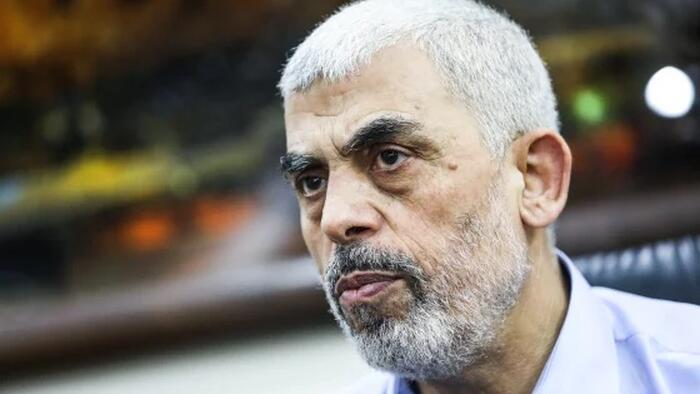The ongoing conflict between Israel and Hamas has seen significant developments, with Israeli officials recently confirming the death of Hamas leader Yahya Sinwar, who was suspected of masterminding the October 7 terror attacks against Israel. U.S. Vice President Kamala Harris, who had previously warned of “consequences” for Israel if it escalated military actions into Rafah, is now celebrating Sinwar’s death as a victory for both the U.S. and Israel. This apparent dichotomy in U.S. responses to the conflict raises questions about the Biden-Harris administration’s evolving stance on Israel’s military operations and its implications for civilians caught in the hostilities.
Harris’s recent comments reflect a stark shift from her earlier cautions, where she urged restraint from Israel’s military engagements. During an interview in March, she characterized a ground assault in Rafah as a “huge mistake.” Now, she claims the U.S., Israel, and the world are “better off” with Sinwar’s demise, highlighting a foreign policy that seems to oscillate between calls for caution and outright support for military action. In this light, critics argue that Harris’s celebratory tone is hypocritical considering her previous warnings regarding civilian casualties in Gaza during the year-long conflict.
The Biden-Harris administration finds itself in a precarious situation as it attempts to balance support for Israel, its closest ally in the Middle East, with growing international concerns about the humanitarian crisis in Gaza. The administration has acknowledged that large-scale massacres of civilians have occurred, yet has continued to provide military aid to Israel—raising concerns about complicity in the violence. The contradictory messaging from Washington complicates U.S.-Israeli relations, particularly as Israeli officials emphasize their military operations as means of combating terror.
Israeli officials have been quick to confirm the death of Yahya Sinwar, stating it was the result of an attack by the Israeli Defense Forces (IDF) in Rafah. Israel’s Foreign Minister, Israel Katz, celebrated the event as a “great military and moral achievement,” suggesting that it could help facilitate the return of hostages held by Hamas. However, Prime Minister Netanyahu’s remarks indicate a different priority—emphasizing the importance of the ongoing military objectives over peace negotiations or ceasefires. This further underscores the complexities of achieving stability in the region, especially with the leadership roles of Hamas now uncertain.
Sinwar’s rise to power within Hamas has been steeped in controversy; after spending 22 years in Israeli prisons for his involvement in anti-Israel activities, he assumed leadership of Hamas in 2017. His recent actions, particularly during the October 7 assault, have characterized him as a key figure in Hamas’s military strategy. With his leadership now questioned due to his death, Hamas may face internal strife as it seeks to establish a new command structure amidst ongoing Israeli military pressures. The dynamics of Hamas’s leadership will be crucial in determining the organization’s future and its responses to Israeli actions.
As developments unfold, the confirmation of Sinwar’s death could mark a significant turning point in the conflict. Still, the implications extend beyond military achievements; they touch upon the humanitarian considerations that cannot be overlooked. The U.S. administration’s acknowledgment of civilian casualties alongside military support for Israel indicates a complex moral landscape. As the situation in Gaza continues to evolve, the world watches closely, pondering whether this heralds an ending to the ongoing bloodshed or if it merely transitions the conflict to another chapter marked by uncertainty and potential retaliation from Hamas.

